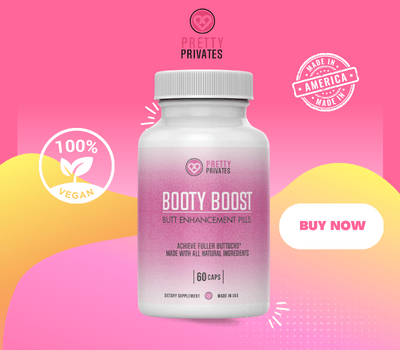Foods That Cause Bloating: Understanding the Culprits

Bloating is a common digestive issue that many people experience at some point in their lives. It is characterized by a feeling of fullness, tightness, or swelling in the abdomen. While occasional bloating is normal, chronic or excessive bloating can be uncomfortable and disruptive to daily life. One factor that can contribute to bloating is the consumption of certain foods. In this blog post, we will explore some common culprits behind bloating and provide insights into how they affect our digestive system.
1. Legumes and Beans
Legumes and beans are highly nutritious and an excellent source of plant-based protein. However, they contain a type of carbohydrate called oligosaccharides, which can be difficult for some individuals to digest properly. These carbohydrates pass through the small intestine undigested and reach the large intestine, where they are fermented by gut bacteria. This fermentation process produces gas as a byproduct, leading to bloating and discomfort.
Additionally, legumes and beans also contain high amounts of fiber, which can cause bloating in some people. Fiber is essential for maintaining a healthy digestive system, but consuming excessive amounts without gradually increasing intake can overwhelm the digestive system and result in bloating.
2. Cruciferous Vegetables
Cruciferous vegetables like broccoli, cauliflower, cabbage, Brussels sprouts, and kale are packed with essential nutrients and are known for their numerous health benefits. However, they also contain a group of carbohydrates called raffinose sugars that are not easily digested by the human body.
Similar to legumes and beans, these carbohydrates reach the large intestine undigested and undergo fermentation by gut bacteria. This process leads to the production of gas, causing bloating and discomfort. Cooking cruciferous vegetables can help break down some of these complex carbohydrates and make them easier to digest.
3. Carbonated Drinks
Carbonated drinks, including soda, sparkling water, and fizzy beverages, are notorious for causing bloating. The carbonation process involves the infusion of carbon dioxide gas into the liquid, creating bubbles. When consumed, these bubbles can accumulate in the digestive system and contribute to bloating.
Furthermore, many carbonated drinks contain high amounts of added sugars or artificial sweeteners. These substances can be difficult for the body to digest and may lead to bloating and gas production. Opting for non-carbonated alternatives or reducing overall consumption of carbonated drinks can help alleviate bloating symptoms.
4. Other Foods That May Cause Bloating
While legumes, cruciferous vegetables, and carbonated drinks are common culprits behind bloating, it is important to note that individual reactions to foods can vary. Some other foods that may cause bloating in certain individuals include:
Dairy products:
Lactose intolerance can lead to bloating and digestive discomfort when consuming dairy products.
Fatty foods:
High-fat meals can slow down digestion, leading to a feeling of fullness and bloating.
Wheat and gluten-containing foods:
Individuals with gluten sensitivity or celiac disease may experience bloating after consuming wheat-based products.
Artificial sweeteners:
Certain artificial sweeteners like sorbitol and xylitol can have a laxative effect and cause bloating.
Understanding which foods can cause bloating is essential for managing digestive discomfort. While legumes, cruciferous vegetables, and carbonated drinks are commonly associated with bloating, it is important to remember that individual reactions may vary. Keeping a food diary and paying attention to personal triggers can help identify specific foods that contribute to bloating. Additionally, seeking guidance from a healthcare professional or registered dietitian can provide personalized advice on managing bloating symptoms.
Share:
Social Media
Most Popular

Vegan Chili Soup

Thick Thighs, Strong Vibes: A Workout Plan That Delivers

Spicy Tuna Poke Nachos

Subscribe To Our Weekly Newsletter
No spam, notifications only about new post, updates.
Categories
Related Posts

Vegan Chili Soup
This easy vegan chili is packed with protein-rich beans, veggies, and bold spices. Perfect for a cozy, healthy, one-pot meal. Gluten-free, dairy-free, and meal-prep friendly!

Thick Thighs, Strong Vibes: A Workout Plan That Delivers
Want to build strong, toned thighs and boost your confidence? Discover this low-impact, high-result leg workout plan designed for women. Perfect for all fitness levels!

Spicy Tuna Poke Nachos
Try these Spicy Tuna Poke Nachos for a bold, healthy twist on your favorite appetizer! Packed with protein, omega-3s, and fresh toppings, it’s the perfect fusion of crunch and spice.

The Best Portable Blenders and Meal Prep Tools for Women on the Go
Discover the best portable blenders and meal prep tools perfect for busy women. Blend smoothies, prep meals, and stay on track with your wellness goals—anytime, anywhere.


